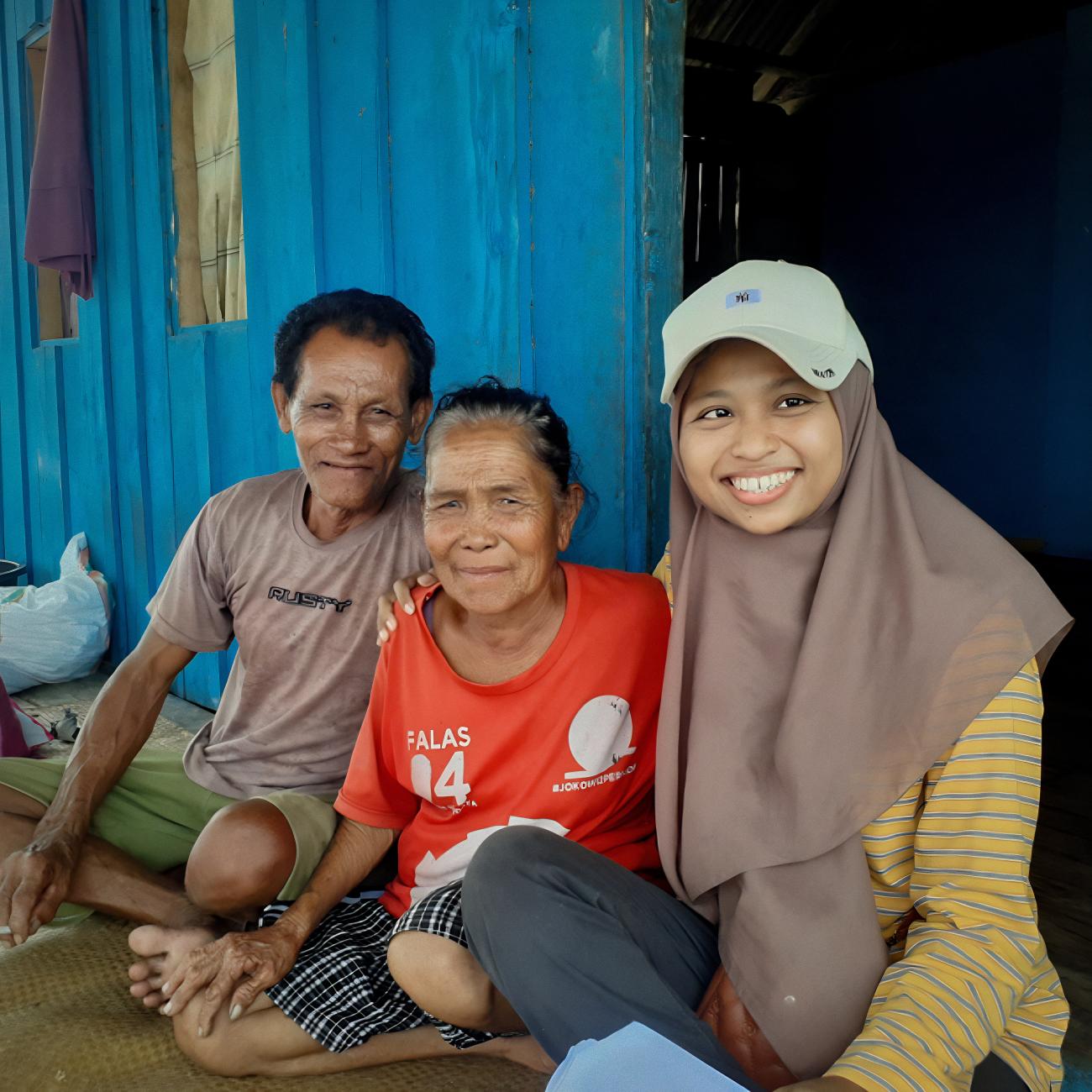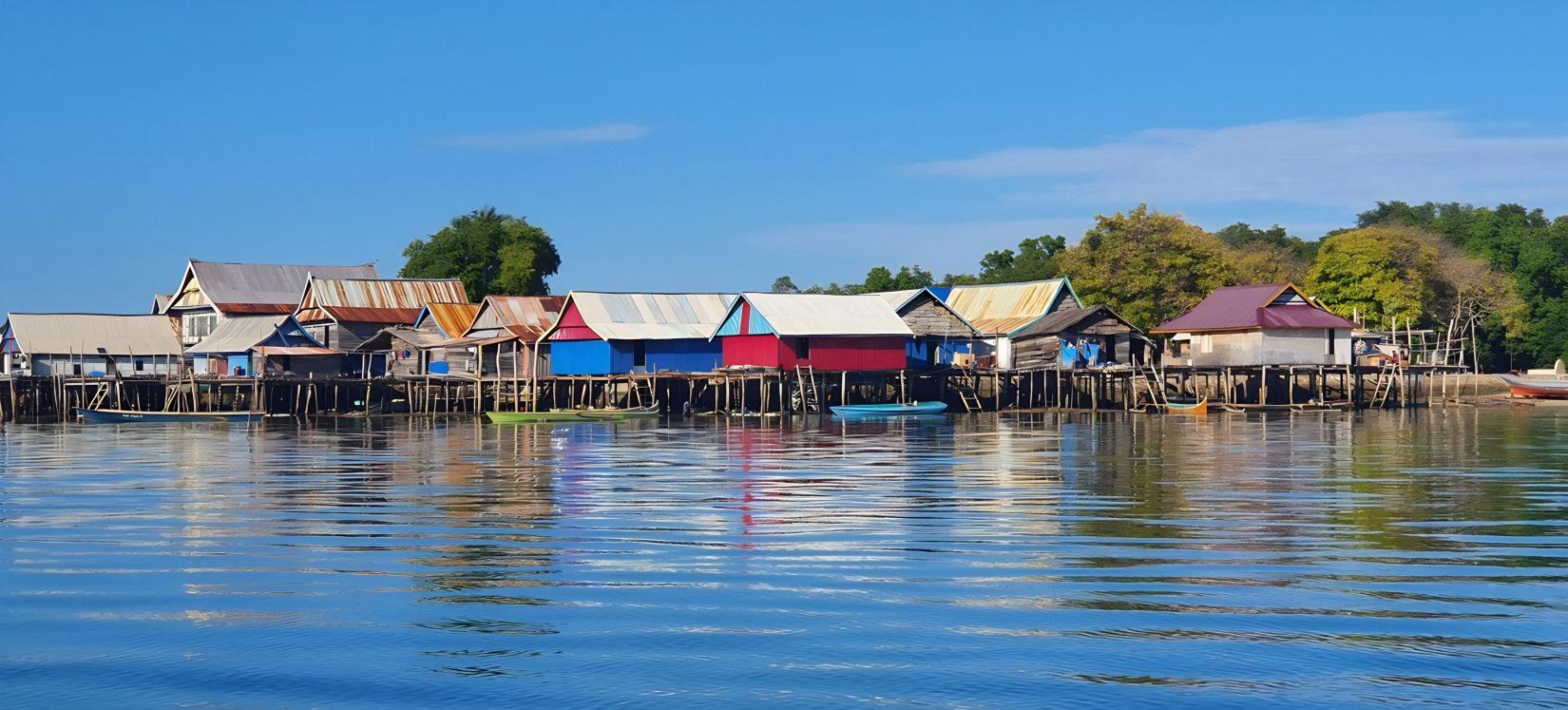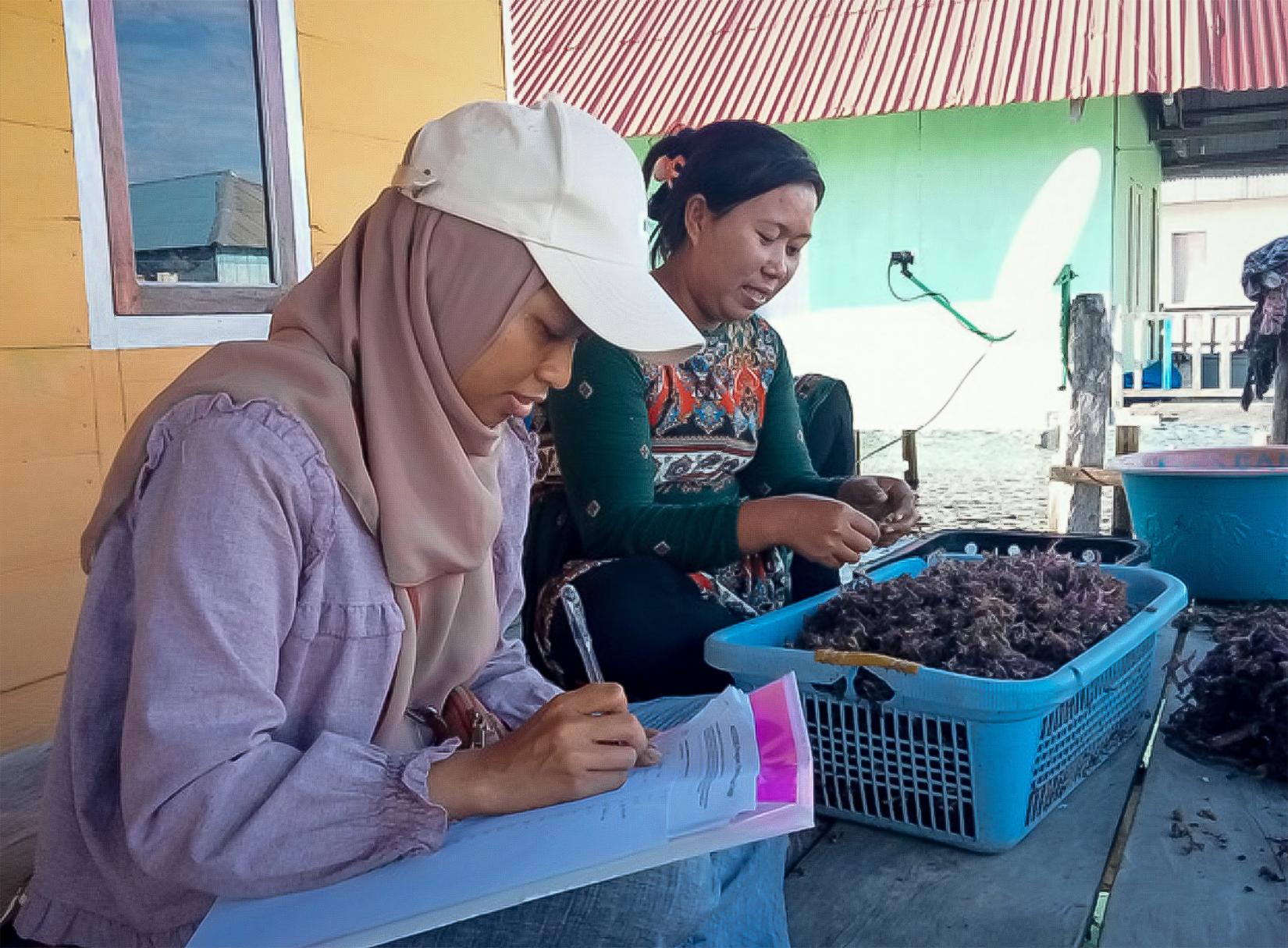The ‘Energy Patriots’ Bringing Electricity to Indonesia’s Remote Villages

-----
When 29-year-old Ristifah was offered a position as a village facilitator at UNDP Indonesia’s ‘Accelerating Clean Energy to Reduce Inequality’ (ACCESS) project in 2021, she jumped at the prospect. Seven years earlier, she had worked at a micro-hydro energy plant in a village in Kalimantan. There, she saw first-hand how limited electricity supply impacted community life.
“We only had three hours of electricity per day. The government distributed generators for the rest,” said Ristifah, who like many Indonesians goes by only one name. Many community members who spent more time out on the field were fine with the situation, she added, “but it’s different for young people who need reliable electricity to maintain our mobile devices.”

The lack of electricity meant access to healthcare and other resources was limited, and students were often forced to study by candlelight, with no access to the internet.
Indonesia urgently needs clean energy capacity. The government has pledged to phase out coal-fired power stations between 2040 and 2060, but at the same time, some 30 million people in the country do not have adequate access to electricity. And as Indonesia continues to develop, demand is expected to grow by 6.8 percent annually.
In 2021, Ristafah was among 23 facilitators at UNDP Indonesia who were tasked with assisting communities across the country to develop clean energy resources. Through the ACCESS Project, which receives financial support from the Korean International Cooperation Agency, she and other “Energy Patriots”, as the facilitators are colloquially known, spent one and a half years living in 23 villages across the Indonesian archipelago. In each, they hosted community meetings to determine electricity tariffs, liaised with contractors, conducted open recruitment for operators and technicians, and helped local renewable energy providers manage soon-to-be operational power plants.

“Along with construction and training for the local community, local institutions have been established to ensure that the rural electrification programme is suitable,” said ACCESS National Project Manager Mathilde Sari.
Like most island villages, Wangkolabu in Southeast Sulawesi Province, where Ristifah was assigned, used to be heavily dependent on electricity supplied from portable fuel-fired generation sets. Such generators are often inadequate for communities’ needs, and the toxic fumes they spew can harm the environment and contribute to respiratory illnesses, cancer, and other disease.
Ristafah and the other “Energy Patriots” were tasked with assisting remote communities with the installation of off-grid power plants with a combined capacity of 1.2 MW, enough to provide electricity for around 20,000 people. Although that is only a fraction of Indonesia’s total unmet need, the programme served as a blueprint for rural development that goes beyond basic socio-economic support.
“Electrifying communities that have been 'off grid' for much of history and providing access to clean energy helps these regions explore new areas for growth and equips people with the resources needed to improve their lives,” said Verania Andria, Senior Advisor on Sustainable Energy at UNDP Indonesia.
Village-level projects like ACCESS that emphasise inclusiveness, she added, “ensure communities have a say in how important infrastructure projects that affect their lives are developed. They can go a long way towards addressing urban-rural inequality.”
The Indonesian Government is committed to achieving the Sustainable Development Goals (SDGs) by both improving the renewable energy portion in the country’s national energy mix and by opening opportunities for economic development in villages like Wangkolabu, said Chrisnawan Anditya, the former Director of Various New and Renewable Energy Sources at the Ministry of Energy and Mineral Resources.
“We are developing renewable energy power plants in remote areas and replacing the fuel-based plants with solar energy,” he said. “These [Energy Patriots] are our agents of change to guide the community to use more clean energy.”
Ristifah was keen to be such an agent of change.
"I dream of the day when the houses sparkle with lights the community installed and more girls can aspire to higher education," she said. "Electrification will provide young people with better access to technology and more freedom to learn."




